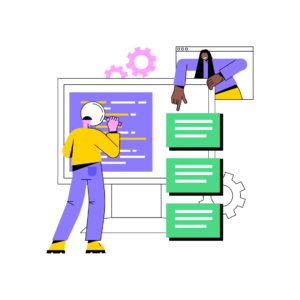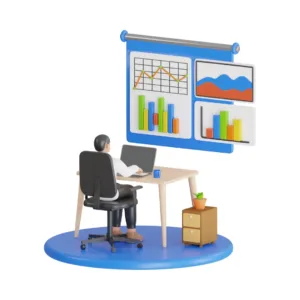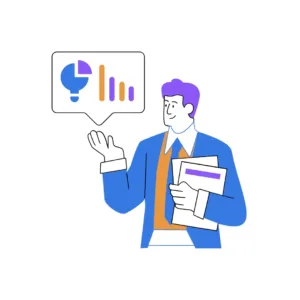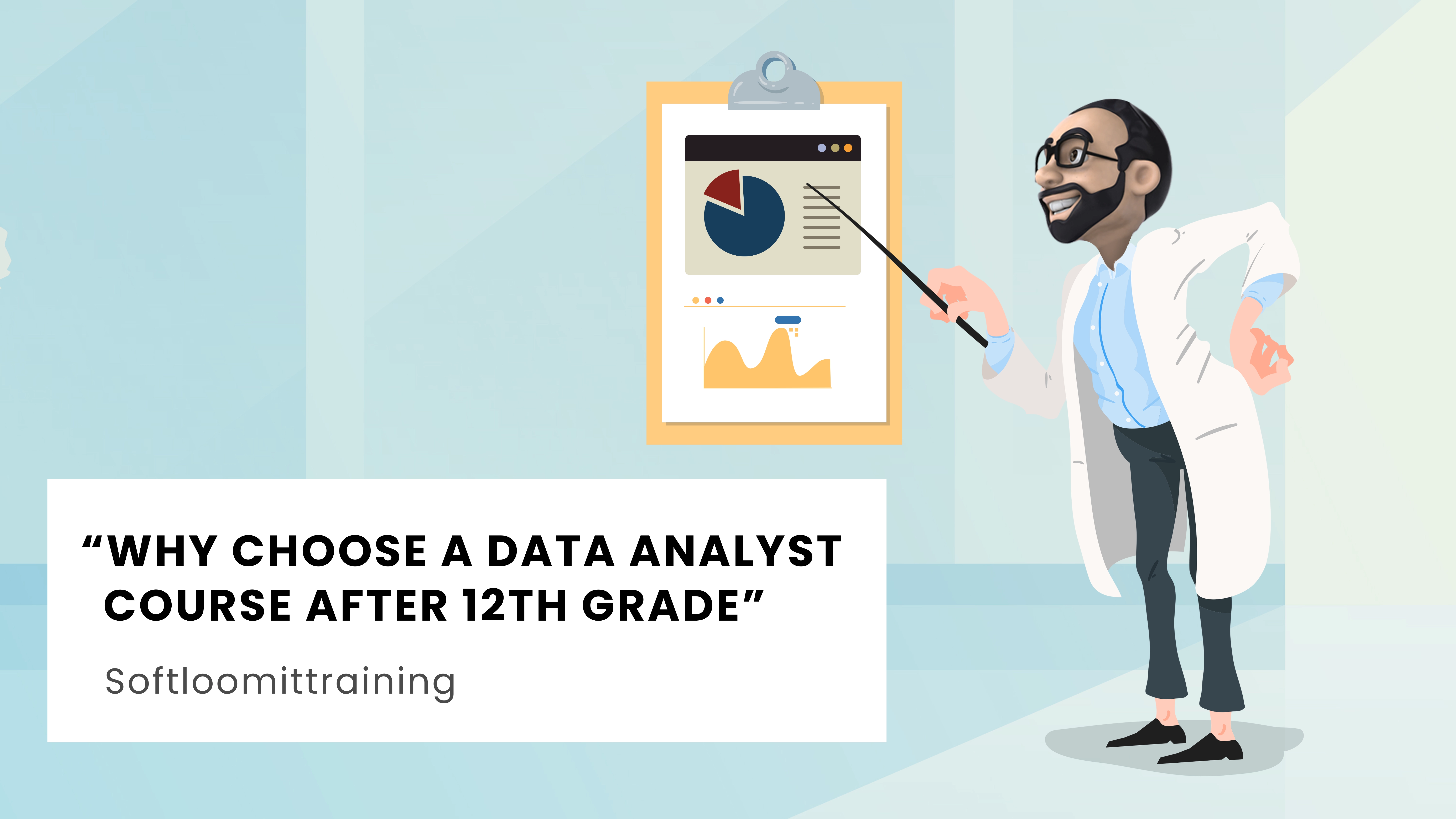Would you like to find out if you can register for a Data Analyst Course after the 12th? If yes, this guide can help.
In a data analyst course following their 12th grade, students are taught to gather, handle, and evaluate large data sets with the help of programming tools such as Excel, R, and Python.
The course also covers data governance, management, and tools for data visualization like Tableau and PowerBI. Students graduate prepared for a career in data analysis across a variety of industries.

Data Analyst Course Requirements After 12th:
- Start with a Bachelor’s Degree: Your first step should be to earn your Bachelor’s degree in a relevant field, such as Computer Science, Mathematics, Statistics, or Economics. This education will prepare you to work with data effectively.
- Acquire Necessary Skills: During your Bachelor’s degree, you should master a combination of technical and analytical skills, including programming languages such as R(programming language), Python, and SQL, as well as statistical analysis and data visualization tools.
- Gain Hands-On Experience: Developing hands-on skills is key to excelling as a data analyst. Look for internships, volunteer work, or personal projects to gain practical experience.
- Obtain Certifications: Take a look at data analyst certifications, such as the Certified Data Analyst from the Institute for Certification of Computer Professionals or the Data Analyst Certification from the International Institute of Business Analysis.
- Build a portfolio: Make potential employers aware of your skills and experience by submitting a comprehensive portfolio. Include examples of your work, such as data analysis projects, visualizations, and presentations.
- Network and Seek Opportunities: Discover job opportunities in data analysis by networking with professionals at career fairs, job fairs, and networking events.
- Continuous learning: Learn new skills by taking online courses, attending conferences, and working on personal projects to keep current with the field of data analysis.
You May Also Read: What is Data Analytics? A Complete Guide for Beginners
Discovering different ways to become a data analyst after 12th grade
- Bachelor’s Degree in Data Science or Analytics: An intensive four-year program covering data analysis, statistics, and programming fundamentals including hands-on projects.
- Master’s Degree in Data Science or Analytics: This two-year program focuses on advanced topics like machine learning, data visualization, and big data analysis.
- Data Analyst Courses: Data analyst courses focus on the basics of data analysis, such as data manipulation, visualization, and interpretation. They also provide practical training on tools and techniques used in data analysis. Courses like these can be useful for professionals or recent graduates looking to enter the field.
- Bootcamps: Choose data analyst boot camps – short, intensive programs that emphasize practical skills and hands-on experience.
- Self-Study : Take advantage of online tutorials and courses that teach the basics of data analysis.
- Books : Read books that cover topics such as data preparation, analysis, and visualization.
You May Also Read: Data Analytics Interview Questions & Answers
Why Choose a Data Analyst Course After 12th?
- Abundant Career Opportunities: The demand for data analysts is high across numerous industries, including finance, healthcare, marketing, and more.
- Lucrative Earning Potential: Data analysts have the potential to earn high salaries, with the average annual salary of ₹5L – ₹9L. The salary potential for data analysts varies depending on the experience and qualifications of the individual.
- Flexible Learning: The flexibility of online courses allows for a convenient balance between work and study, since they can be scheduled and taken from anywhere.
- Diverse Topics Covered: The expansive field of data analysis encompasses various topics, including data visualization, machine learning, and big data, all of which are covered comprehensively in online courses.
- Hands-on Learning: Through projects and assignments, online courses typically impart practical skills applicable to real-world situations.
- Access to the Latest Tools: Due to the rapid evolution of data analysis tools and technologies, Data Analyst courses provide access to these tools and technologies.
- Networking Opportunities: Students can build valuable professional relationships and network with instructors and fellow students through Data Analyst courses.
You May Also Read: The Role Of Data Analysts In An Organization?

Choose Softloom IT Training for Your Data Science Course After 12th:
- Comprehensive Curriculum: Data visualization, statistical analysis, and programming languages such as Python and R are all covered in this well-structured curriculum.
- Hands-On Learning: Softloom IT Training emphasizes practical experience through projects and case studies, ensuring that knowledge is applied in the real world.
- Industry-Relevant Skills: The Softloom IT Training program imparts skills that align with industry requirements, giving students an edge on the job market.
- Experienced Instructors: Discover how real-world insights can be applied to the classroom under the guidance of experienced instructors.
- Placement Assistance: Students can transition seamlessly from education to employment with the help of Softloom IT Training.
- Flexible learning options: You can manage your studies alongside your other commitments with Softloom It Training’s flexible online learning.
Pursuing a Data Science Course in Kochi through Softloom IT Training can provide data analysts with a range of benefits. From flexible learning options and comprehensive curriculum to industry-relevant skills and placement assistance. This program offers the necessary tools and resources for individuals to thrive in the field of data analysis. This course can boost your career prospects in data science, whether you’re a beginner or an experienced professional.





